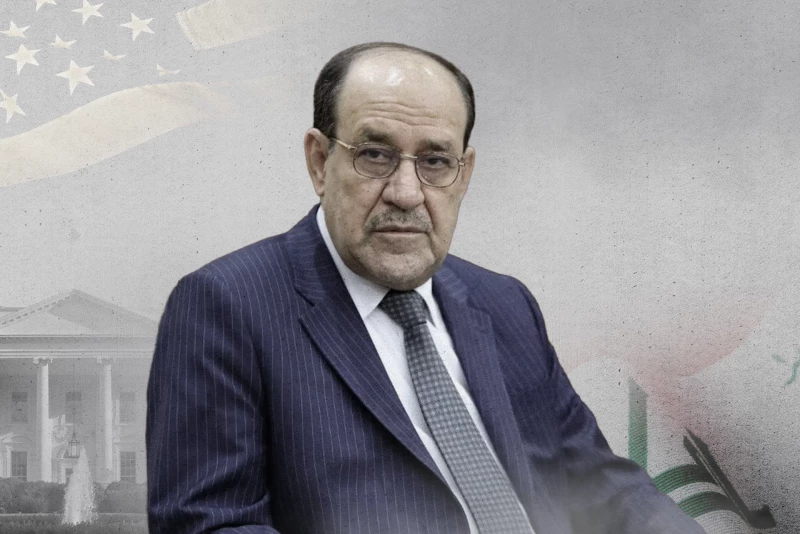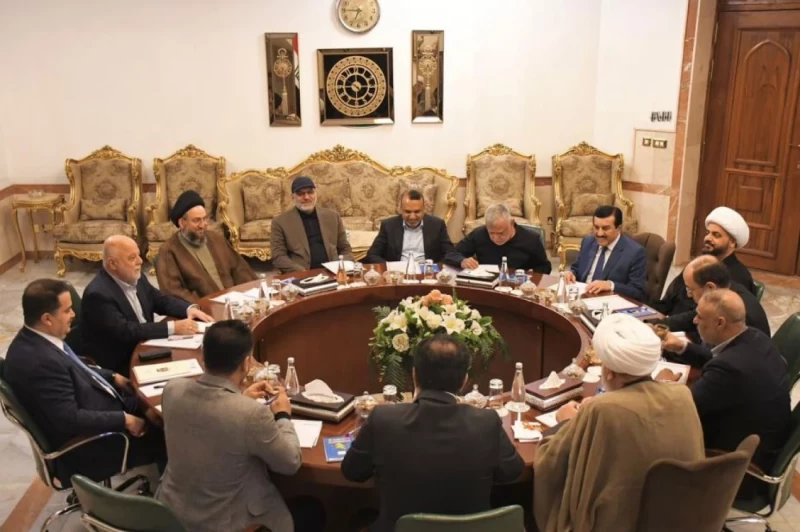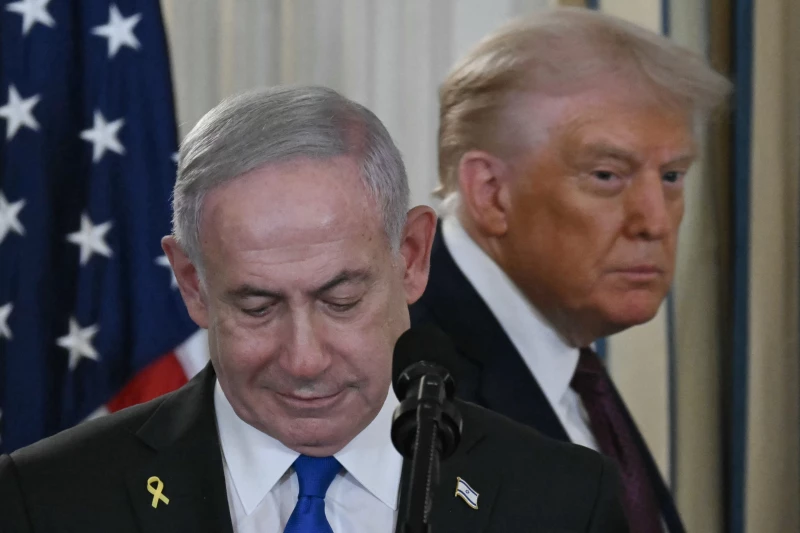Now that Donald Trump has won the Presidency of the United States, there is concern around the world as to how America’s foreign policy will change. With wars in the Middle East and Eastern Europe, we can expect to see a number of changes. The outgoing Joe Biden administration has shown reluctance to directly engage in combat but has decided to support allies through arms shipments.
Trump has also indicated a reluctance to engage militarily but has shown in the past a more activist stance. The first change we will see is a reversal in how the different areas are treated. The Russian-Ukraine war, which has held a top priority for the United States, will take a major hit in assistance from America. Trump, while not downgrading the threat from Russia, will begin to pressure NATO allies to step up their support and the Middle East will rise to the top of America's foreign policy attention.
An old saying goes “We judge ourselves by our intentions while others judge us by our actions.” In American politics, this is reversed. While spouting pro-Israeli statements, the Biden administration has taken a strong anti-Israeli stance. There is no love lost between Joe Biden and Benjamin Netanyahu and there is no respect either.
On the other hand, Netanyahu is an old friend of Trump going back to Bibi’s time in New York City. Adding to this is Trump's dislike and distrust of Iran, support for Israel will be stronger, and support for Palestinian groups and the people in Gaza will decrease. The first thing we will see is an open distancing of Hamas and Palestinian civilians. There will also be an official American coupling of Iran to control both Hamas and Hezbollah. In the past, America and the West have attempted to negotiate with these three entities as individual actors. The incoming Trump administration will likely treat Iran as the main actor and director of “terrorism” in the Middle East. This will mean additional sanctions, both primary and secondary, which will put Europe on notice.
There will also be a major change in American assistance to the Palestinian authorities. The United States Agency for International Development (USAID) announced in a press release on September 30, 2024, that they were sending an additional $336 million dollars to Gaza and the West Bank for humanitarian assistance. According to USAID. the funding "brings the total U.S. humanitarian assistance announced for the Palestinian people to more than $1 billion since October 2023.”
The incoming Secretary of State, Florida Senator Marco Rubio, is also a staunch defender of Israel, as is the new Ambassador to the United Nations, Elise Stefanik. Rubio has long been a hawk regarding Israel. While being confronted in the halls of Congress by a peace group called Code Pink, he waited until being assured he was being filmed and announced his desire to see every element of Hamas destroyed.
According to a report by Newsweek “Stefanik has emerged as one of Trump's most vocal supporters and a staunch advocate for Israel and Prime Minister Benjamin Netanyahu. Since the October 7, 2023, attacks on Israel, she has openly criticized the United Nations, accusing it of "entrenched antisemitic bias" over its criticisms of Israel's actions in Gaza.”
Lastly, the incoming Ambassador to Israel, Former Governor Mike Huckabee, has said that Trump will cut off the money going to Iran saying "The fact remains that the real problem here is not Hamas, Hezbollah or the Houthis. It's Iran."
One of Trump's advisors, Elon Musk, who is not an official or has any official designation in the coming administration, is being used as a back door and as such has spoken to the Iranian ambassador to the UN and likely informed them of what Trump will be demanding to ensure peace in the region.
The region is unpredictable and has been made more so by continued inaction by the West. While Syria and Saudi Arabia will be a major target of Trump as he attempts to expand the Abraham Accords, the unknown is how he will interact with Turkey. In the past, he had a close relationship with President Recep Tayyip Erdogan, but much has changed such as Turkish use of Russian S400 missiles and its stronger rhetoric against Israel. How Trump adjusts to these changes will be seen.
The views expressed in this article are those of the writer and do not necessarily represent the position of The New Region

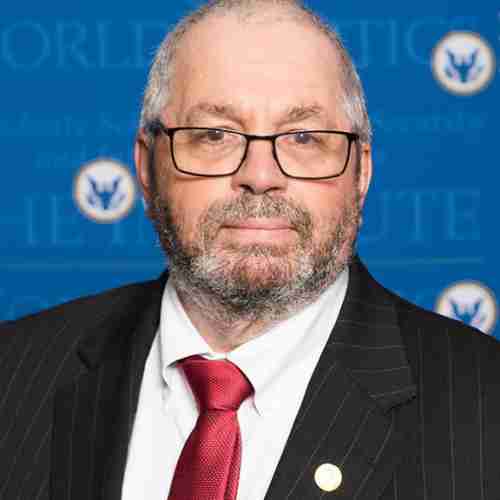
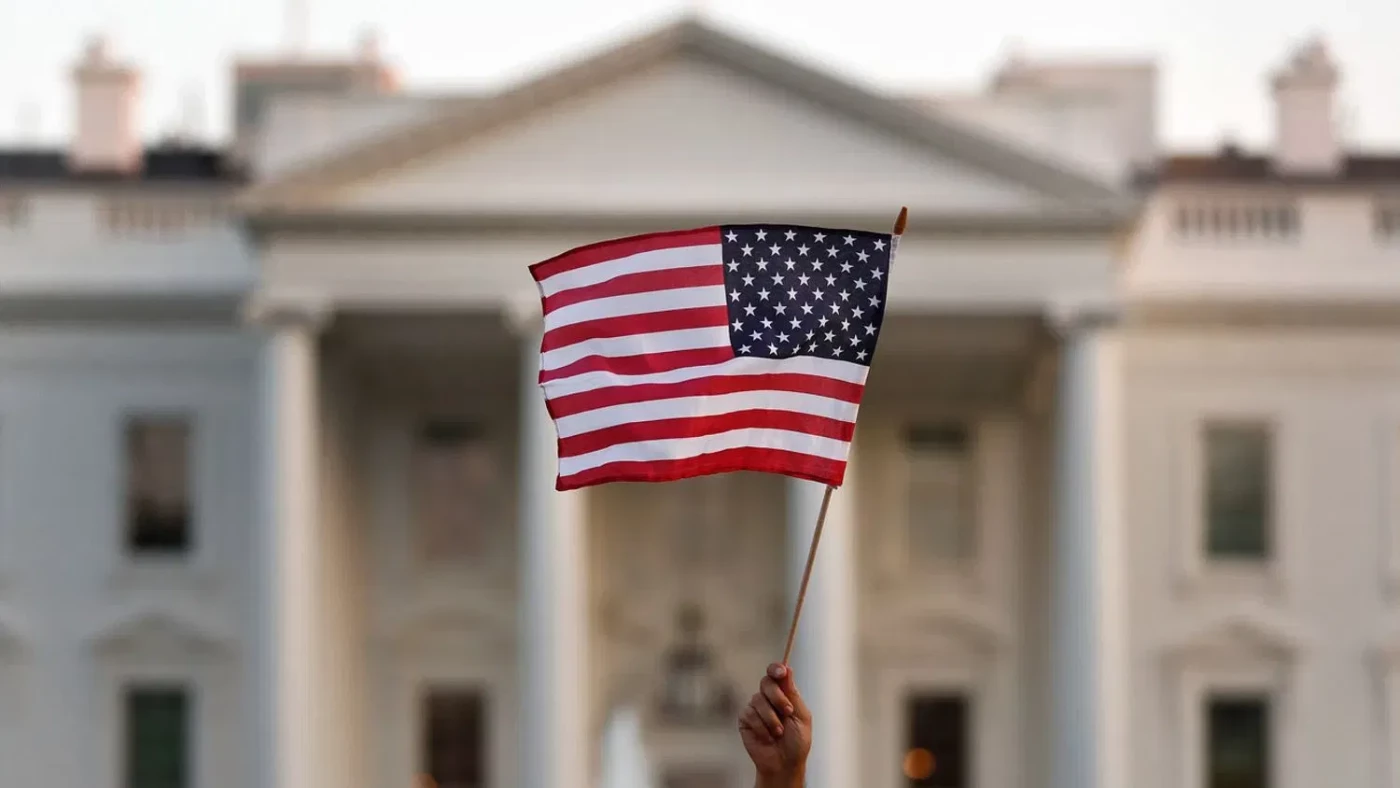
 Facebook
Facebook
 LinkedIn
LinkedIn
 Telegram
Telegram
 X
X
